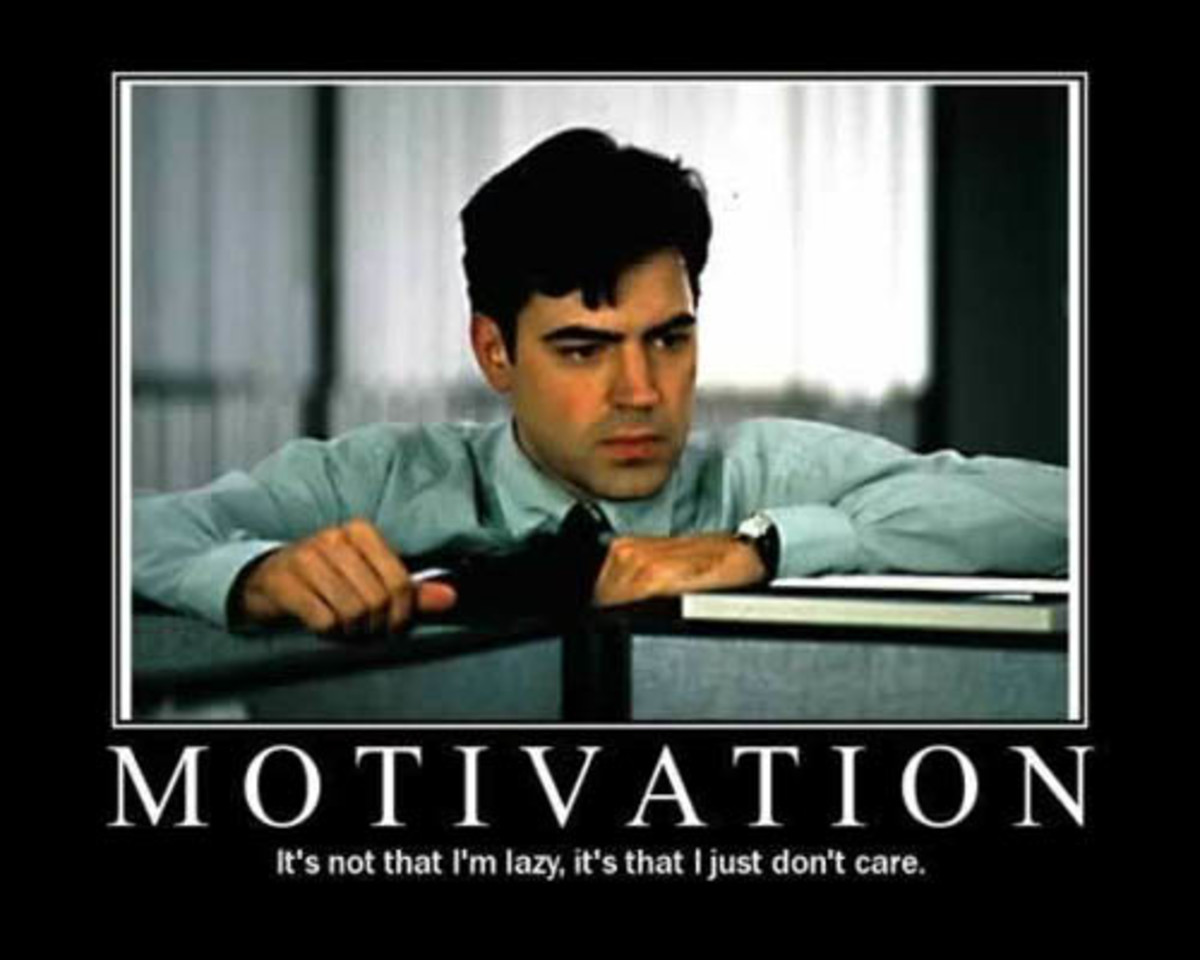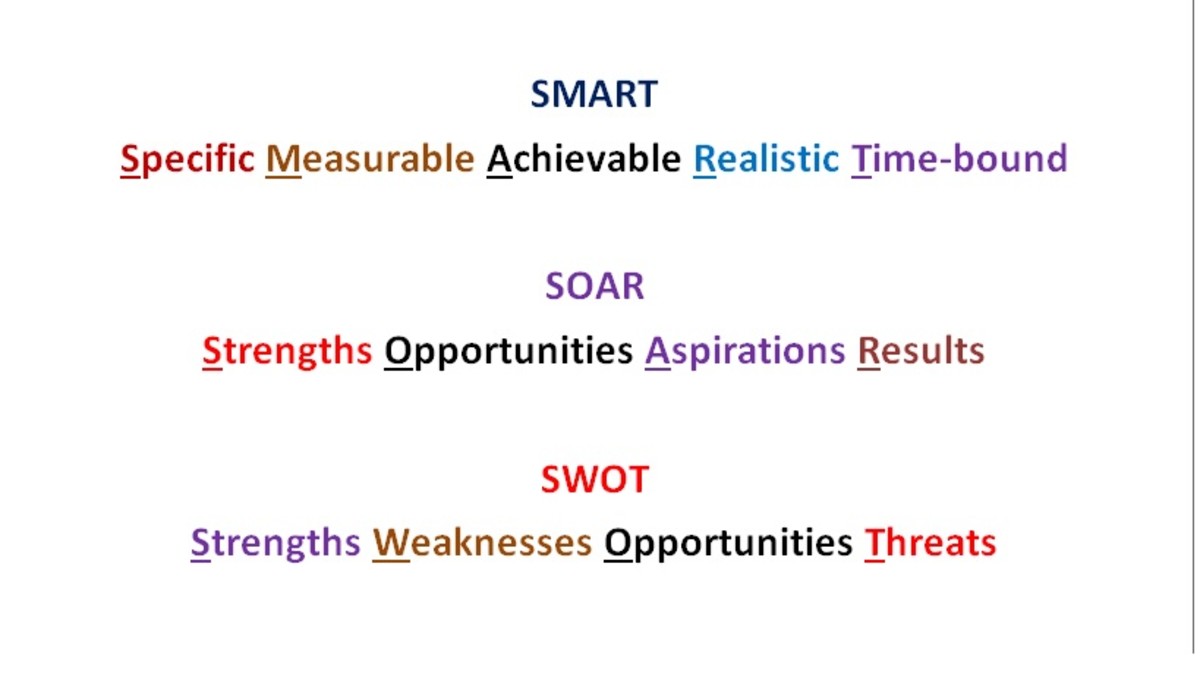Managing Employees for Better Results

This is Not Red River
Years ago I was goaded into watching the John Wayne movie Red River. During that time in my life I was a Casino Cage Supervisor with the Hilton’s entertainment division. I had a crew of 11-20 cashiers that I was responsible for every night as well as the balancing of 2-40 million dollars. These people came from various places, subscribed to different religions, and had very different personalities. At times they were at odds with each other while handling customers.Simple tasks could quickly become riddled with personality clashes and personal issues.
Watching Red River one scene has stuck in my head, the scene where John Wayne orders his men to drive the cattle across a raging river. A few of the men refuse to cross the river and John Wayne shoots them. It was such an unexpected thing for John to do even though he was pretty angry. Needless to say the remaining men drove those cattle across the river. In management we often feel like John Wayne, trying to get something done while our employees insist they cannot (will not) do what is needed to get across that river.
The question becomes; how do you get people to stand together toward the common goal? How do you take people with nothing in common and drive them to excellence? Some people might think the key to motivating employees is money. While money does motivate on some level, money does not gain loyalty or cooperation. In many cases pay without the accolades to back the money is ineffective. Employees want to know they are appreciated, and yet not all employees are happy with a random pat on the back. The maze of personalities can be difficult for employers to navigate. Hopefully after this journey you will have a better understanding of people and how move them to success.
Rule 1. Know Your Employees.
We live in a culturally diversified country. Each of your employees was raised differently. Some were raised by single parents, others by their grandparents; some were raised in traditional homes. All of them were given a set of values to live by, not all of them were given good values. The employees you do not know are dealing with death, illness, and serious family issues. As a manager it seemed that certain people transcended chaos, while others never had a problem. The truth is that every person is only as reliable as their circumstances. Every one of your employees has problems.
Mary may be late because she cannot afford a newer car and she keeps having problems, Bill may be distracted because his wife is dying of cancer. Getting to know your employees helps you to make an educated decision about them in a pinch. Knowing your employees does not mean hanging out with them on the weekend or becoming personally involved in their problems. It means when Bill seems to be having trouble getting stuff done, you stop and discuss it with him. You are running a business and things have to get done. It is better to transfer work when an employee is having a tough time, then to have something done incorrectly amidst personal distractions.
Sudden changes in performance should be viewed with careful objectivity. If a person has been a good, loyal and valuable employee for five years one issue is probably not enough to fire that person. Knowing circumstances will help managers to make the best decision for both the company and the employee. That may mean that Bob takes a leave of absence while to handle take care of his wife. Always remember that every employee you have working for you is sacrificing their time with family to be at work. Do not think that is a small sacrifice. Know your employees.
Rule 2. Trust is Relative to Best Interests.
Trusting another person is relative to if that person has your best interests at heart (this is true in relationships as well). Most people trust their mothers because, we all know mom wants the best for us. Whether or not the rest of the world has our best interests at heart is up for debate. In cut throat work environments sometimes alliances are formed. More often then not when people feel the need to group and gang up it is through a threat (usually the threat of being fired). Nothing is less productive in the workplace then the threat of termination. Employees under the constant threat of termination will either cause discord with other employees or make huge mistakes because they are nervous. People make honest mistakes. When a person makes an honest mistake it should be treated as such.
One of my first management jobs was working for Payless Shoe Source. At that time managers worked six days a week with Sunday as their only day off. I had a five person crew and even though I was a new manager, I had been with the company for three years. There was an employee working for me who was habitually late. After several counseling sessions, I had to take disciplinary action with the employee. During that discussion the employee accused me of charging personal phone calls to the company phone.
When I grilled her about this accusation, I discovered that someone was calling the store on Sundays and asking members of my staff to accept the charges for long distance calls. After an investigation the true culprit was revealed. It was another manager’s daughter that was charging calls to my store. My district manager was ready to fire me for this offense and in fact he was certain I was the one at fault until they caught the other manager’s daughter. If the district manager had taken the time to get to know me, he would have known that I would never charge calls to the company phone.
To be able to trust an employee as an employer requires an employer to create an environment of honesty where an open door policy is observed. If an employee can not go to their boss about an issue then productivity will be compromised. Ground floor employees have important information about what customers say and think. Without trust the people in your organization will create an atmosphere of dog eat dog which is counterproductive.
Rule 3: Know Your Employees Are Stealing From You
Employers like to believe that employees are stealing, wasting time, and using company resources for personal gain. The truth is that they are doing those very things. Did you flinch? Ask yourself this; do you have an employee who is always at work? By that I mean do you have employees who never call in, never have appointments, and never have personal problems that cause them to be out of the office?
Those employees have centered their life on their job. They are reliable and dedicated and they are using some of your company resources to accomplish work and personal goals. I know you are probably seeing dollar signs maybe you are even thinking that it is wrong for them to call the electric company or talk to their child’s teacher, or use your copier to make a copy of something they have to handle but, in reality these employees are saving you money. That’s right, they are saving you money. Any time an employee calls in, you have to cover it usually with overtime wages that are higher.
Payroll is any businesses the highest expense. Somewhere in your staff there is a person who abuses privileges. That person takes every opportunity they can get to be out of the office. That person is the one who thinks hair and nail appointments are an emergency and that it is necessary to take the entire day off for a 20 minute office visit. The funny thing is that most employers do not seem upset by that person’s lack of dedication, yet the same employer will provide written documentation of an employee who took a call from their child’s teacher. If you are that manger, stop. Life is what we do when we are not working. People do not work because they want to (usually), they work because they are supporting themselves and others. When was the last time you were at home and thought “I can’t wait to get to work”. Never? Well your employees do not do that either.
If you want an employee to trust you, trust them. This does not mean there will not be people who give you the “I would sell my mom for a buck” vibe. Those people are different. It means that you know the employee and you trust them to do what is best for the company. Do your employees come to you? If not then they do not trust you. Everyday situations happen that you should know about. If you are not constantly communicating then chances are you are missing valuable information.
Know where to draw the line. If an employee is blatantly abusing company time and resources, handle it. Otherwise, if the work is getting done, leave them alone.

Rule 4. Do What is Best For The Company and The Employees.
Truly great managers know how to create a win/win situation. By keeping company goals in mind and still having empathy for employees lives, a manager can balance a team. People who are tied to their jobs eventually burn out. Often they lose their family in the pursuit of a career. How many times can a person get called into work from a date with their spouse before that spouse finds someone else to date? A personal life is the motivation for showing up to a dead end job every day. Good managers create a work place that is tolerable if not enjoyable.
At one time I worked for a privately owned company that had many offices around the state. Throughout the year the managers of that business had their yearly bonus dangled like a carrot. They worked extra shifts when we were short staffed, some of them did work on their own time, and many of them sacrificed personal relationships to keep our employer happy. They changed the bonus program three times in a year stating it was for performance. When it came time to give the bonuses in December, nothing happened. The managers waited for checks, and started calling my office (I was a district supervisor).
I finally had to contact the owners to find out what was going on. They canceled the bonus program without telling the employees, and they did it right before Christmas. Three of the managers had taken out loans to cover Christmas because, they were eligible for bonuses. Half of the managers who were there when that happened left the company within months, myself included. Lying to employees to get what you want is probably the worst thing an employer can do. It shows the person doesn't care, and I guarantee if you don't care, your employees won't either.
Rule 5. People Want to Accomplish Something, Praise it!
Most people want to accomplish something in life. When people are given solid attainable goals and then rewarded for attaining those goals, you will see greater results from your employees. The sense of accomplishment and support will keep good employees in place. Praise the results of your employees efforts. Directly tie their effort to the success of the company.
Your employees should know what you expect of them. Don't make your employees guess. People who don't have clear goals are more likely to put time and effort into the wrong things. Your employees cannot properly prioritize without direction. Any time a manager misses a goal or deadline it can usually be traced to a lack of communication with staff. If your staff has to unpack a truck in five hours, they should know that is the goal. Goals should be clear and attainable. If the goal is met, congratulate the staff. Recognize hard work.
By the same token do not give your employees goals that are unattainable. When a person is given an unrealistic goal, it becomes a point of frustration and may cause them to stop any effort to achieve. An example of this was a district manager I had when I was 18. He cut my store hours to give them to another (less skilled) manager. I was practically running my location by myself so he could help someone who wasn't good at time management. This caused me to have to work long hours to keep up with shipments and customers. He was being unreasonable and I eventually burned out trying to accomplish goals without resources. Plus I lost some of my best employees to other companies because, I could no longer support their hours. Be reasonable.
Rule 6. Be Fair, Even With The Employees You Don't Like
Not everyone you work with is your type of person. There are people who take the job too serious, those who don't take it serious enough, there are slackers, and lets face it, some of the people you work with are jerks. As a manager you have to treat everyone the same. You are shrugging and saying maybe?
I worked Graveyard (night shift) for over 10 years in the Casino Cage. During that time I had one of the most stable staffs that place had ever seen. Cashiers were transferring from other shifts to be a part of my team and that had never happened before. It was because I was fair and cashiers who had been treated unfairly wanted a better supervisor.
There are several reasons you need to be fair:
1. It is the right thing to do.
2. It is the law. Favoritism can lead to EEOC law suits.
3. Just because you do not like someone doesn't mean their contributions to the organization are not useful.
We tend to think that is we don't like someone they have nothing valuable to contribute, that is not true. In most organizations it takes different kinds of people to create the correct output. The idea of having favorites is not fair either, it puts someone in a position of feeling like they owe you more. Treat all the employees fairly.
Rule 7. Team Effort = Team Win
Possibly the first rule of management is that nothing is done by only one person. By that I mean you may sit at a desk in an office and write contracts but, someone ordered your paper, someone maintains the computer you use, someone cleans the common areas. Companies require a team effort.
Consider for a moment that every team that every wins a game does so from a team effort. When you foster the team effort with employees they discuss possibilities among themselves, they collaborate and your end result is better. In my opinion employers who do not foster a team attitude do so out of fear and should not be in management. Your team is your most expensive and greatest company asset. Acknowledge when the team wins.
The business world hates failure. In the business world if you fail, you are nothing. Yet, great inspiration and ideas can come from failure. Often failure means you were brave enough to try, not that you were not good enough to succeed. Making the distinction between a brave move and something completely stupid is very important. Trying something different means you were searching for new options in a situation that is currently not working. My motto is "If its already broke, lets try something else, because we are not going to make it worse".
Employees that are willing to go out on a limb are a rare breed. Most people will just follow and be content to let the failure be the managers. If you have brave employees, give them a little space. Allow people to make mistakes and learn. A thinking team is always going to be a stronger team.
Rule 8. Leverage Your Talent
Most managers know their employee's job, but are they aware of what other talents and skills that employee possesses? We hear leverage your talent all the time. My experience is that many employers not only don't leverage talent but, they also do not seek to know the employees talents.
Here is what I mean:
I mentored an employee who eventually completed her paralegal degree. The owner of our company was paying an outside source to review contracts and handle legal jargon when he had a paralegal working for him. He could have saved thousands of dollars and did not. I worked under that same employer with a degree toward marketing and he never utilized those skills.
Cross-training
In the economy today it is important to leverage the talent you have in your staff. That also means training employees on new things all the time. The "its not my job" mentality should not be a factor. Cross training employees gives you a stronger staff. Maybe you will not use Bob from accounting as an intake specialist but, if he knows the job it could help in a pinch.
It is my observation that managers who won't train up employees are afraid of losing their jobs. If you know your job then you should never fear losing it. Managers who won't cross train are ineffective. Having an under-trained staff causes staffing emergencies within the company that could be avoided. Through cross training you may find out that certain employees are not versatile. At least then you know.
9. Employees Are Going to Talk (Gossip)
In every company there are people who “talk” about things that are happening in that company. Many of the things they discuss are speculative making them “gossip”. While most companies have a policy against gossip, it is impossible to avoid and even tougher to enforce. By human nature people are going to talk. There are some things that can cut down on the water cooler chatter.
- Make policies and stick to them for ALL employees. Employees who feel they are being treated differently are going to talk. Policy should not be hard line enforced with one employee and completely ignored for another. One of my employers actually changed the vacation policy and then only enforced it with certain employees. It was so obvious and underhanded that the entire management staff was angry.
- Keep your employees informed. Any time the company makes major changes, have meetings and stick to the decisions in those meetings. Don’t’ come back a week later and reprimand employees for doing what you discussed in a meeting or email. A good manager has no problem bouncing ideas with employees or hearing opposing statements, because they know that all employees should have the same goal and company first attitude.
- Do what you say you are going to do. Don’t offer bonus incentives or vacation pay that you have no intentions of putting out. This behavior breeds discontentment among employees.
- Keep your employees busy. If you have a business where there is down time, give employees projects to do in their down time. If they are left to entertain themselves, they will at your expense.
- Be a fair employer. Treat people with respect and they will be respectful to you. Employers who degrade employees are asking for a backlash from employees.
- Lead by example. Think about how your employees see you. Do they see you? Do they know what you expect of them? Or are they constantly left to guess at your expectations? When they guess, they will guess out loud to others.I worked for an employer who never called unless he thought something was wrong. This behavior created a situation for all the employees where they dreaded his calls and did not like him.

Crossing The River
The point is this is not Red River. You cannot shoot people when they do not perform to expectations. Finding productive ways to manage your employees is paramount especially in today's economy. We have fewer employees handling more than ever before. Managing those employees is key to running a successful business.
Have you felt any of the following by your manager?
© 2011 MD Jackson MSIOP








